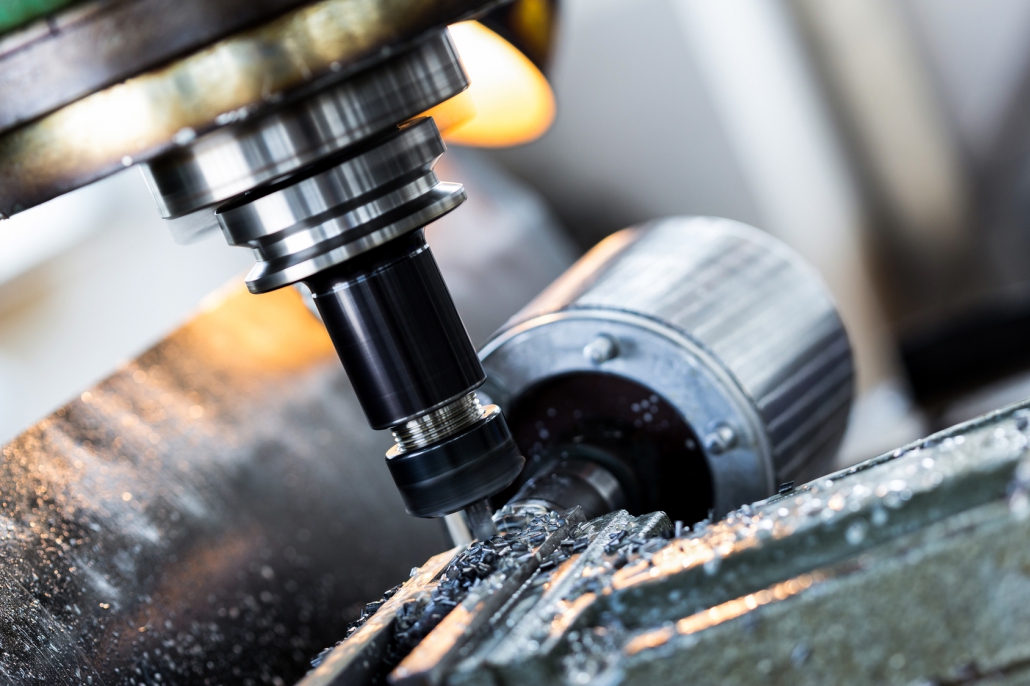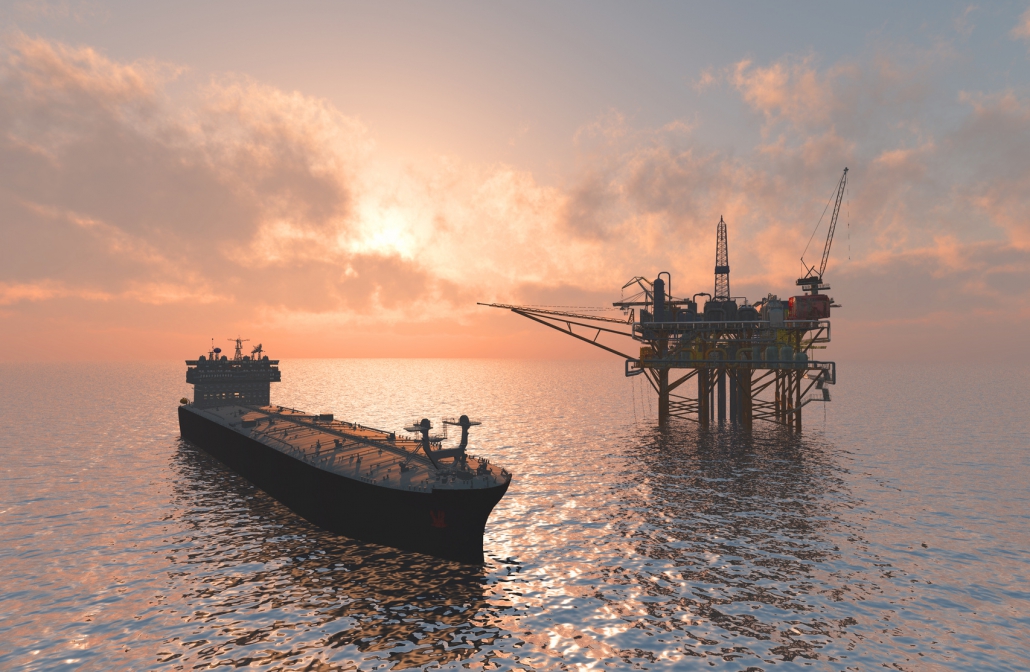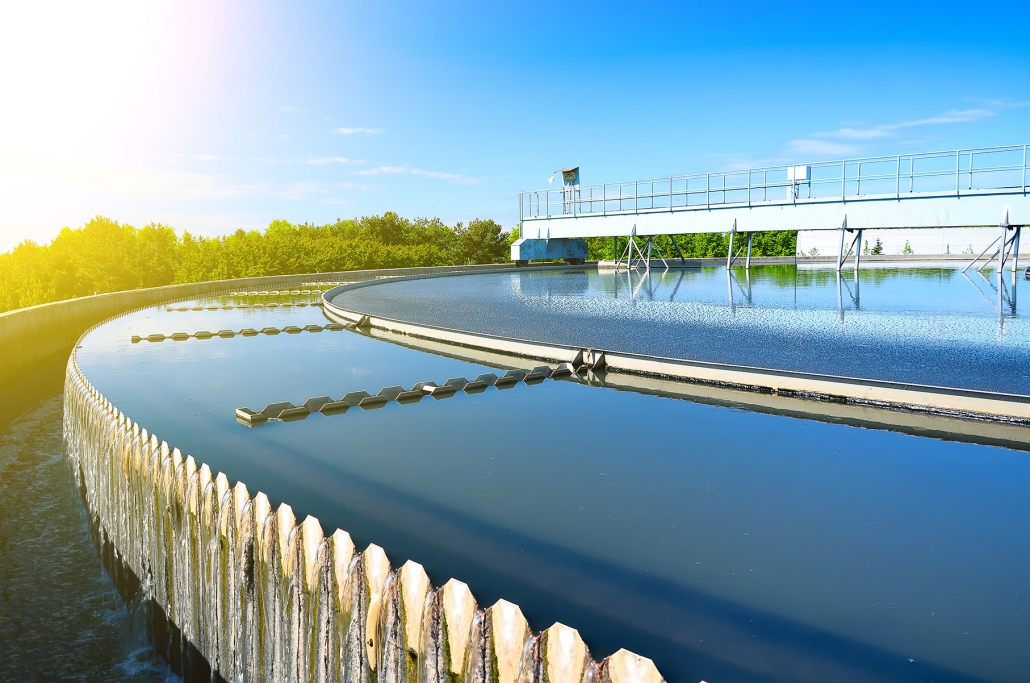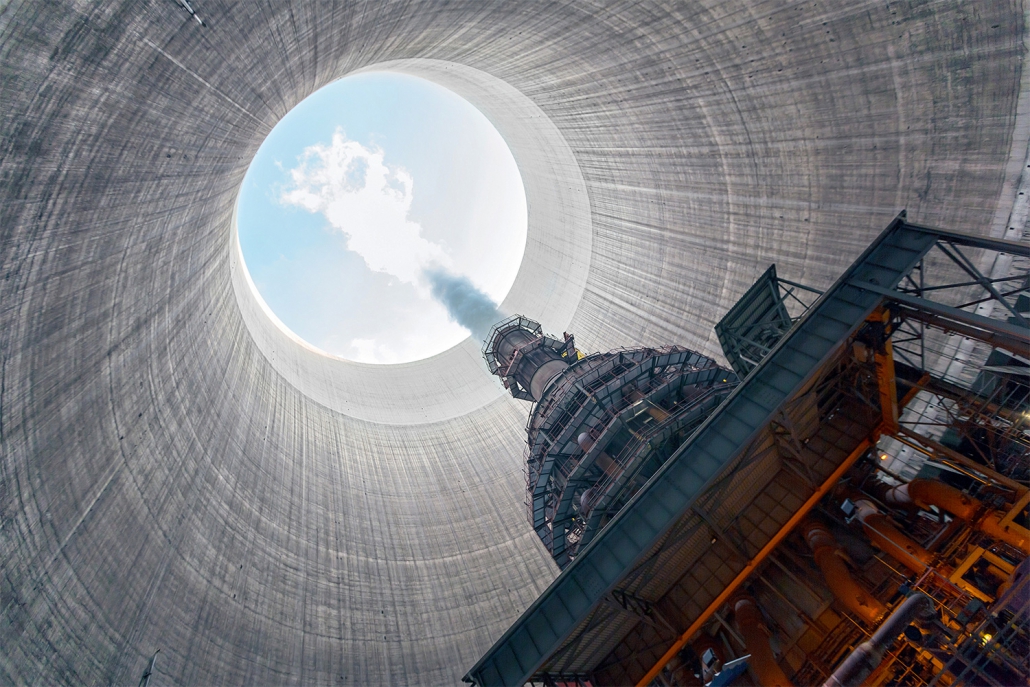Drinking Water Systems
Bio film is the cause of all evil. There is no germ-free water (drinking water), therefore, legionella bacteria are also contained in the drinking water, even if the drinking water regulation is complied with.
The responsibility of the waterworks stops at the water meter. After that, it is the responsibility of the operator. Only then problems will arise.
The new drinking water regulation substantially increases the responsibility of the operator for the water quality at each tap. Criminal and civil consequences threaten.
Due to the bio film, there is a risk of legionella formation in the hot water circulation pipes. By using the MPC system correctly, the change in surface tension of the water (soft water) effectively removes bio film in the flooded parts of the piping system, without the use of chemicals or biocides. Germs, bacteria and breeding nests for host animals are flushed out, are destroyed in the system and oxidized without residues.
Areas of application: hotel facilities, nursing homes, hospitals, sports facilities.
Industry
In almost all manufacturing processes, enormous amounts of water can be saved and reprocessed, for example in car-, parts- or bottle washing systems etc.
The MPC system ensures that all water-bearing systems are kept free of germs, as well as the use of surfactants and better washing behavior (approximately 70%), thereby significantly reducing disposal costs. Also, in the case of metal recovery (chromium, silver) or flotation by enrichment with H2O for the removal of micro-plastics, for example, the system can be used. The numerous fields of application cannot all be mentioned here.
Vessels
Fresh / Drinking Water
The MPC system ensures the germ-free disposal of the so-called bunker tanks (water reservoirs) and pipelines. Biological contents are rinsed out and thus prevented long term. Due to the increased oxygen, the water is always kept ‘fresh’. Although existing alternatives, chlorine and UV, ensure sterility, they do not prevent the formation of odors and bio film.
Ballast Water
Since it poses a threat to the marine environment, ballast water treatment for >40 GRT vessels is regulated by law since 2017. The exchange of organisms between the seas and the vessels should be prevented.
The ease of installation and the minimum operating costs speak in favor of using the MPC systems. The organisms in the ballast water are thus reliably degraded.
Bilge Water
MPC systems provide faster oil / water separation and can oxidize heavy metals in bilge water.
Sewage
MPC systems as the centerpiece of decentralized, demand-based wastewater treatment have clear advantages:
– Solids are separated faster
– Organic pollution is reduced
– Heavy metals and chemical compounds can be oxidized and removed by means of integrated electrolysis
In addition, the SSW technology allows ozone to be sucked directly into the reactor and is better dissolved in water. The wastewater is thereby cleaned even better in a natural way.
Seawater
SQW systems are the perfect complement to reverse osmosis as the dominant process.
SQW systems extract the smallest suspended particles from the water during preliminary filtration, thus extend the service life of the membrane.
In addition, significant energy savings are possible, due to the improved viscosity and up to 40% lower surface tension (‘thinner’ water). Seawater desalination normally requires a pressure of over 70 bar, which can be reduced accordingly.
Garden and Landscaping Construction
Also in the areas of ‘Garden and Landscaping’, ornamented pond systems, plant cultivation, swimming pool technology and others benefit from SQW systems:
– Algae degradation and prevention of general organic pollution
– Reduction of cleaning costs and prevention of bio depositis
– Degradation of plant protection products (pesticides) according to EU regulation since 01.01.2018
– Potentially faster plant growth
Fire Protection
Use in the fire department and fire water tanks.
During firefighting, chemical additives are often added to reduce the surface tension so that the water can move faster and deeper into the burned material.
SQW systems improve the viscosity of water without chemical additives and reduce the surface tension by up to 40%.
Thus, extinguishing water damage and disposal costs are significantly reduced.
Cooling Towers
Bacteria multiply in the cooling water system of the cooling towers. Legionella can be the result.
Legislation requires operators to comply with stricter sanitary requirements. Water must not be returned to the system when loaded. The microbial plaque clearance (MPC) system removes bio fouling in the flooded pipe system and in the collection basins without the use of chemicals or biocides and destroys the residues. The emergence of new deposits and thus breeding grounds for germs and bacteria in the circulation is effectively prevented.
Further advantages of the MPC system is a higher cooling performance – every degree Celsius more power means real money!
Due to the changed viscosity (thinner water = smaller droplets), the water has a larger surface area and can cool down faster. Larger MPC systems can increase safety in cooling towers of power stations worldwide, save costs and promote environmental protection.









